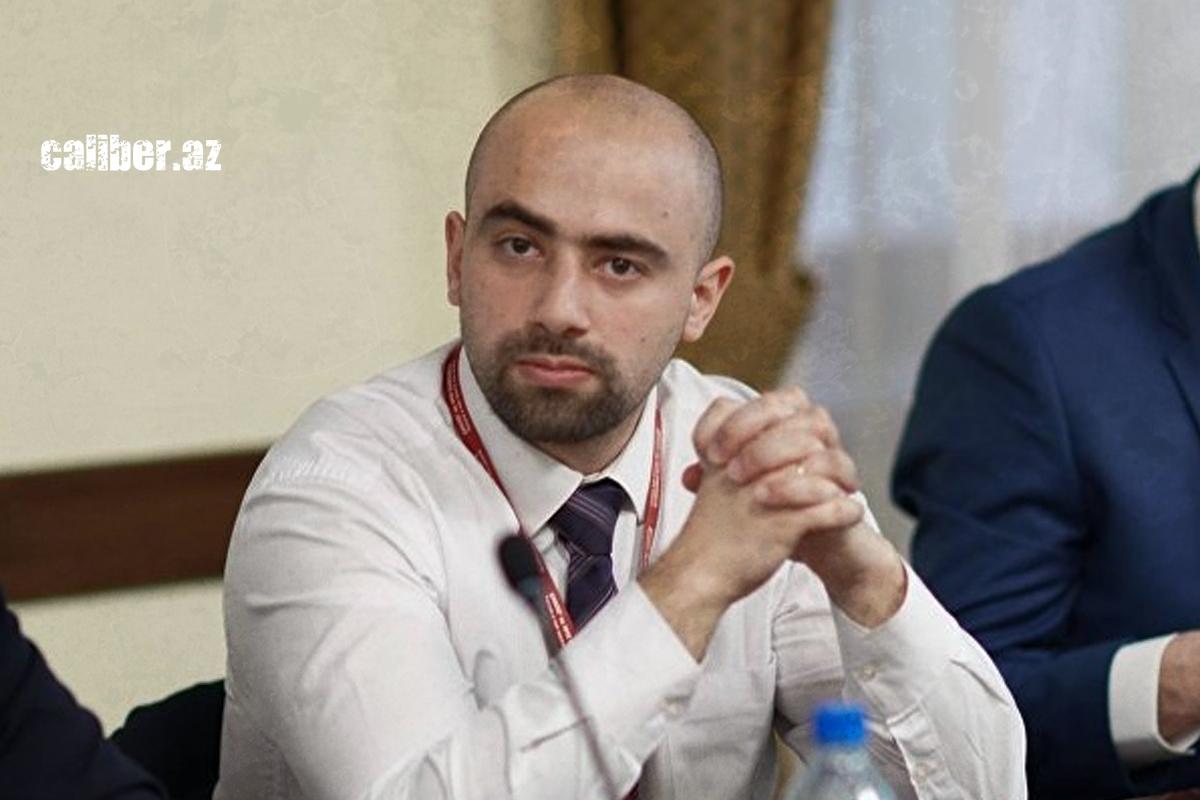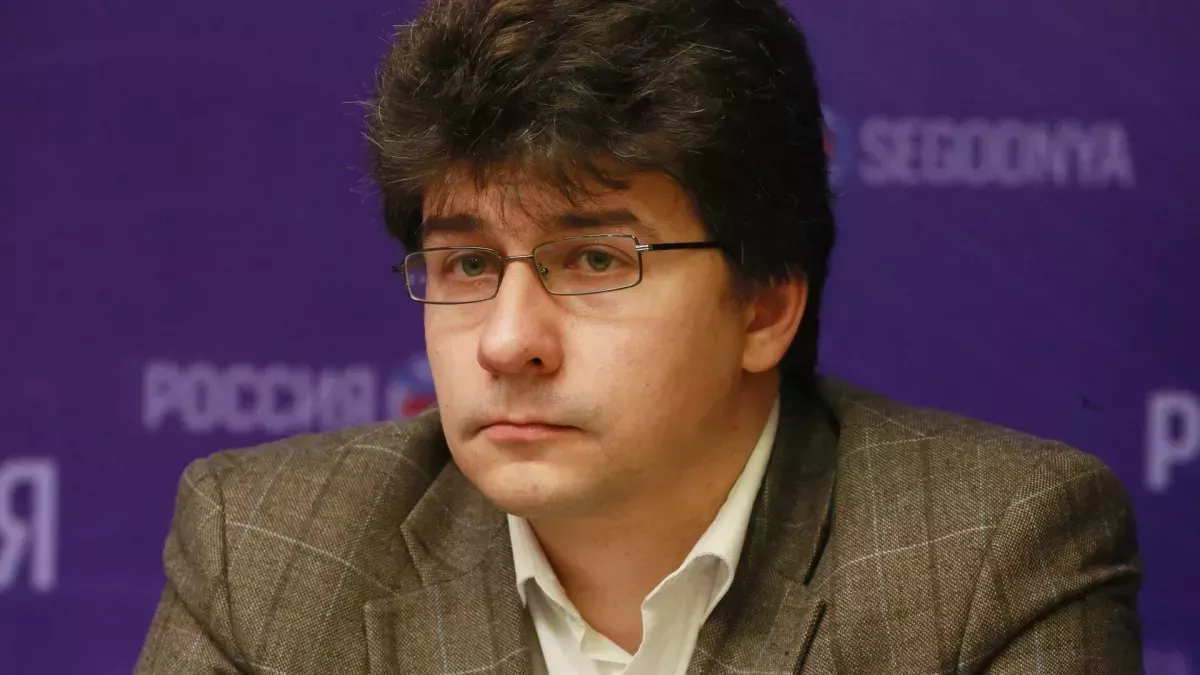Local elections in Georgia: The battle for Tbilisi Expert opinions on Caliber.Az
Mamuka Mdinaradze, Executive Secretary of the Georgian Dream party, stated that the opposition (including representatives of the United National Movement), which the authorities plan to ban, will participate in the local elections scheduled for October. According to Mdinaradze, there is no doubt that the "patrons and financiers" of the opposition parties will force them to take part in the municipal elections, which, he claims, will be their last.
The authorities will file a lawsuit to ban the "collective National Movement" only after these elections, to avoid accusations of eliminating rivals, Mdinaradze explained. "We are ready for the Georgian people to give a worthy response to the agent parties in these local government elections," he said.
Then, by the end of 2026, the Georgian Dream will file a lawsuit in the Constitutional Court, based on which the "collective National Movement" should be banned.
Why was such a decision made? What is the reasoning behind it? Perhaps Georgian Dream wants to openly demonstrate that there is, in fact, no persecution of opposition activity—and if the "United National Movement" believes it enjoys greater popular support than the ruling party, then let it try to prove that at least during the upcoming municipal elections.
But will the opposition parties be able to secure any significant number of seats in local government bodies? If the answer is no, then perhaps there would be little point in worrying about a future ban on their activities—after all, what purpose do political parties serve if they lack public support?
Foreign commentators shared their assessments of this situation with Caliber.Az.

As noted by political analyst and founder of the SIKHA Foundation research centre, Archil Sikharulidze, Georgian Dream is well aware that having no opposition is, first of all, unseemly, and secondly, can easily lead to complacency.
“If we look at the current state of parliamentarism in Georgia, it’s one-sided and creates a somewhat troubling impression. Yes, laws are being passed efficiently, but when there are no opponents to criticise you, even from the government’s point of view, that’s not necessarily a good thing. That’s why the opposition—which is still, allegedly, protesting out on the streets—is being given a final chance to participate in the local elections. And of course, through this, the government also wants to show that there is no persecution of the opposition,” the political researcher explains.
At the same time, he adds, Georgian Dream is also engaged in a certain form of bargaining with Europe and the United States.
“Europe and the United States care deeply about ensuring that this opposition—these very individuals who for decades have represented their interests in Georgia—do not disappear from the political scene. So I wouldn’t be surprised if Georgian Dream is negotiating with the Europeans and Americans, saying something like: ‘We’ll allow them to take part in the elections (even though they themselves said they weren’t going to), but in return, we need you to stop demanding certain ‘concessions’ from us, stop putting pressure on us.’ I don’t rule out that kind of scenario,” Sikharulidze says.
As for whether the opposition could actually win anything—Sikharulidze believes that if they manage to overcome their internal divisions, unite, and, for example, put forward a single mayoral candidate in Tbilisi, then that person could indeed pose a serious threat to the ruling party. “Because Tbilisi, as the political centre, has always had a particularly critical stance.”
“However, when it comes to the regions, I have my doubts. The current opposition consistently bets everything on the West, on the capital, on Tbilisi, but does no real work in the regions. That’s why the regions remain firmly behind Georgian Dream, and that’s unlikely to change,” Sikharulidze concludes.

Russian expert on the South Caucasus Konstantin Tasits, for his part, pointed out that in this case, Georgian Dream is fulfilling its long-standing electoral promises made as far back as 2012—to "restore justice"—a pledge it repeated during the most recent parliamentary elections.
"According to the ruling party, the leaders of the UNM [United National Movement] and the parties that split off from it committed numerous crimes while in power. Therefore, they must be held accountable and barred from engaging in political activity.
The Georgian authorities believe that this would pave the way for healthier socio-political forces to enter the arena," Tasits explained.
As for the upcoming local elections, there is no unified stance among the opposition. Some factions plan to boycott the vote, while others—such as Giorgi Gakharia’s party—do not rule out participating. "However, most likely, the majority of seats in local councils will go to representatives of Georgian Dream," Tasits believes.








